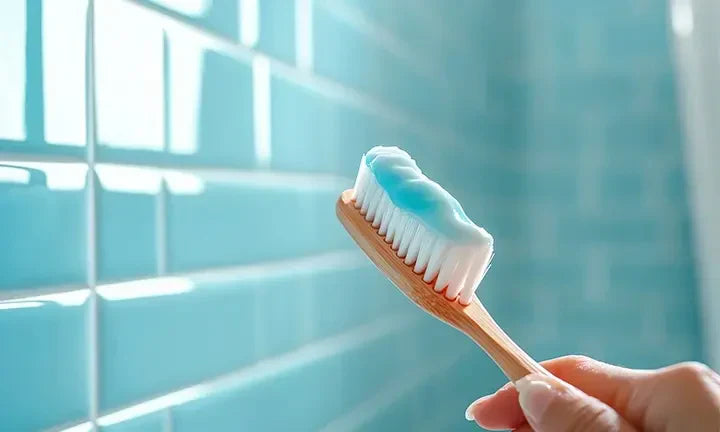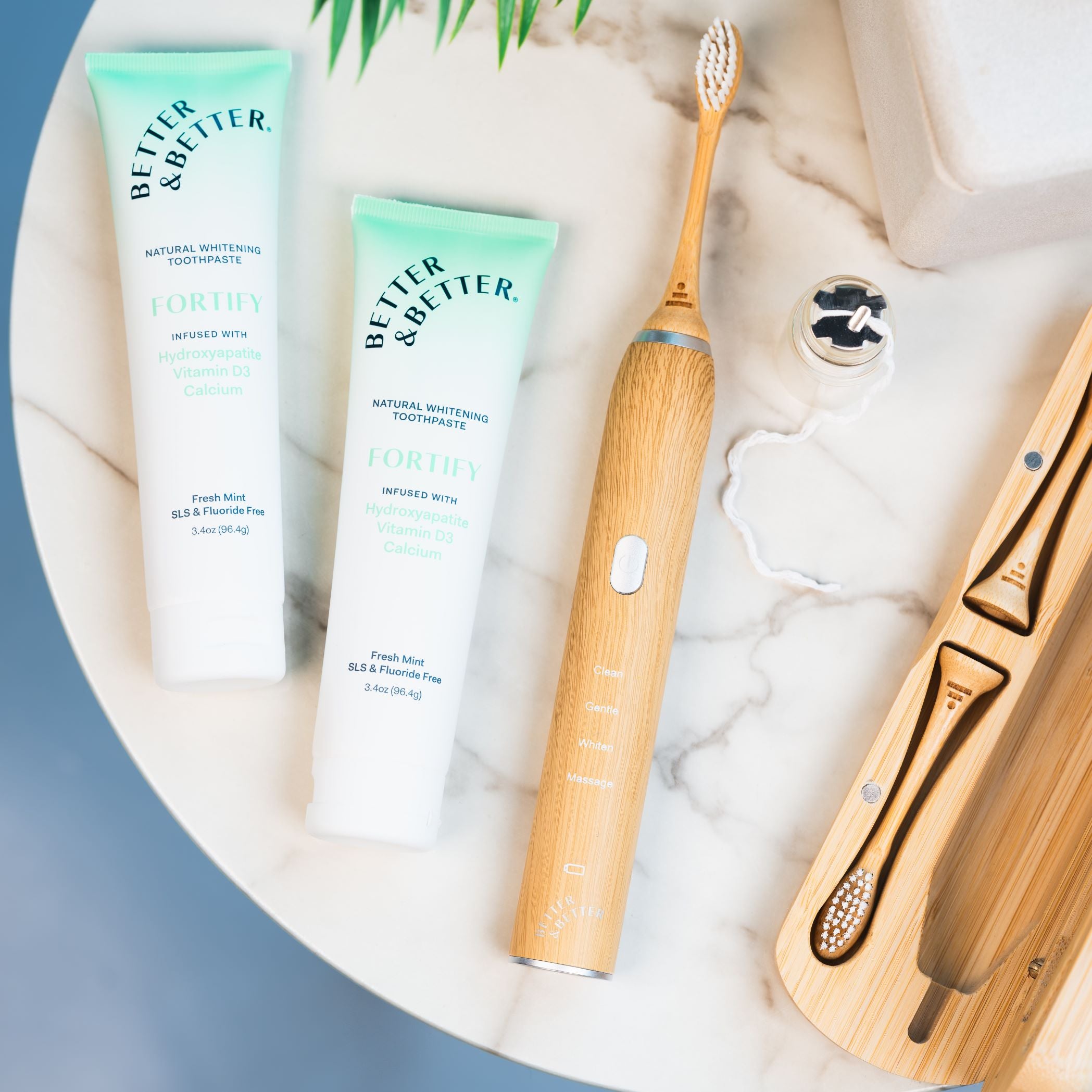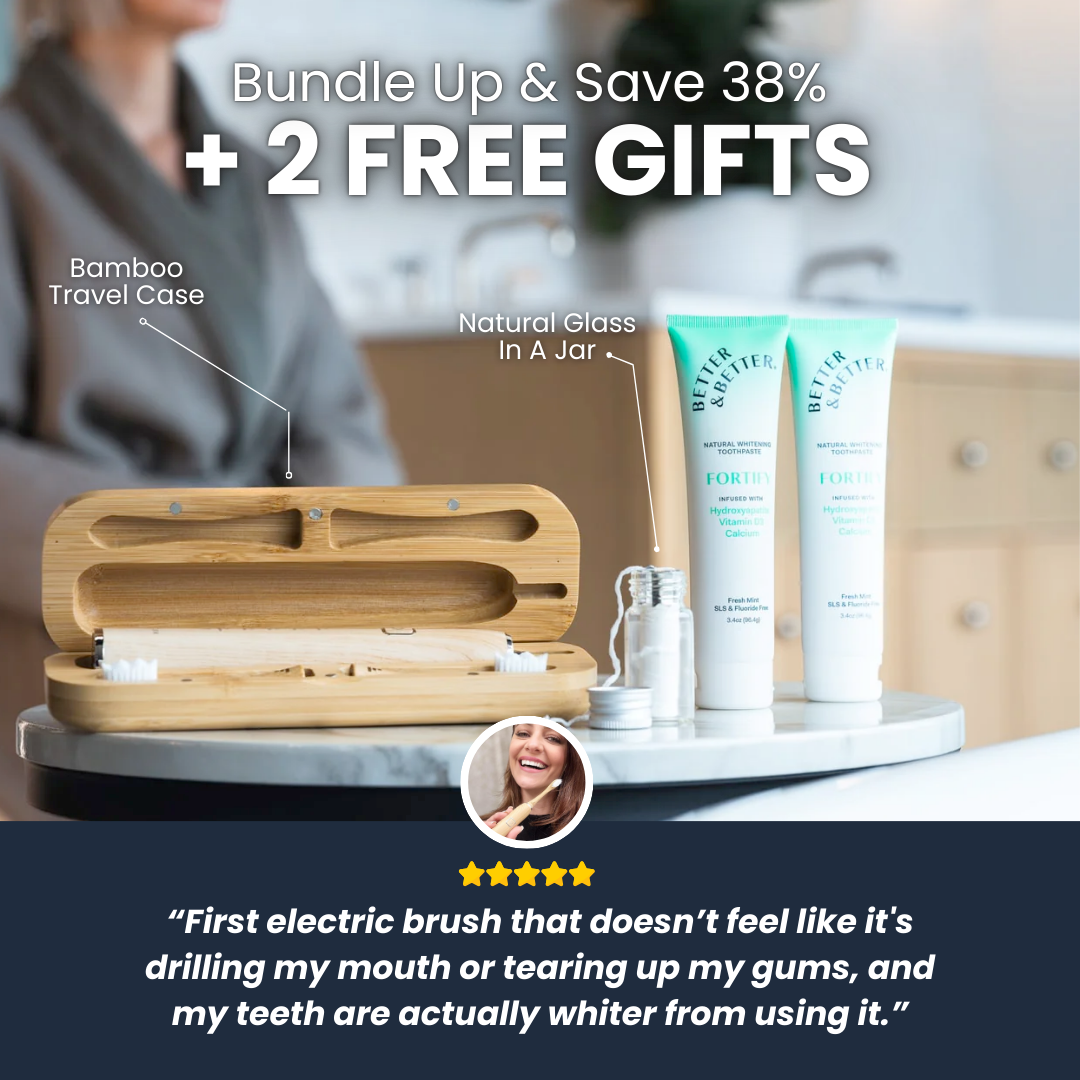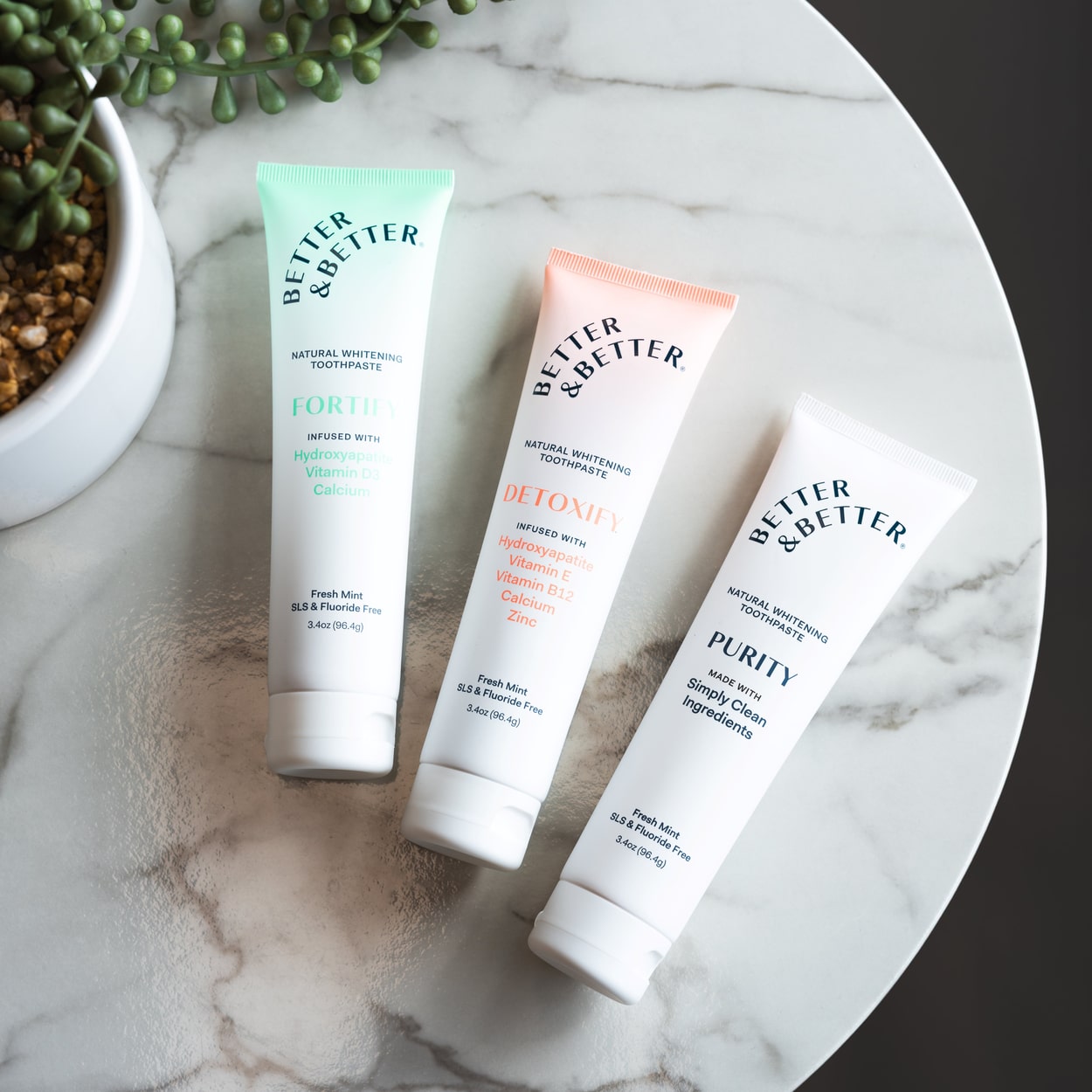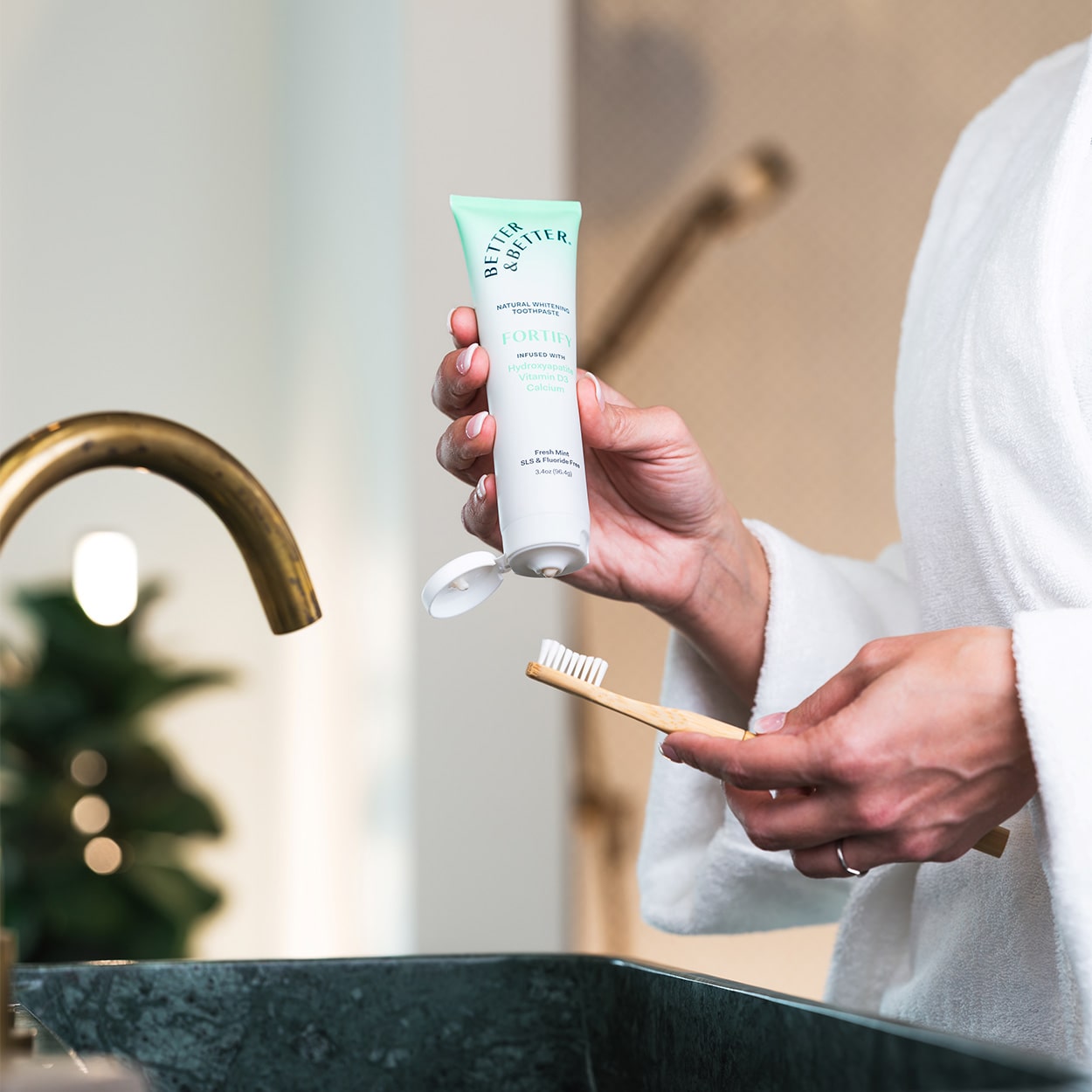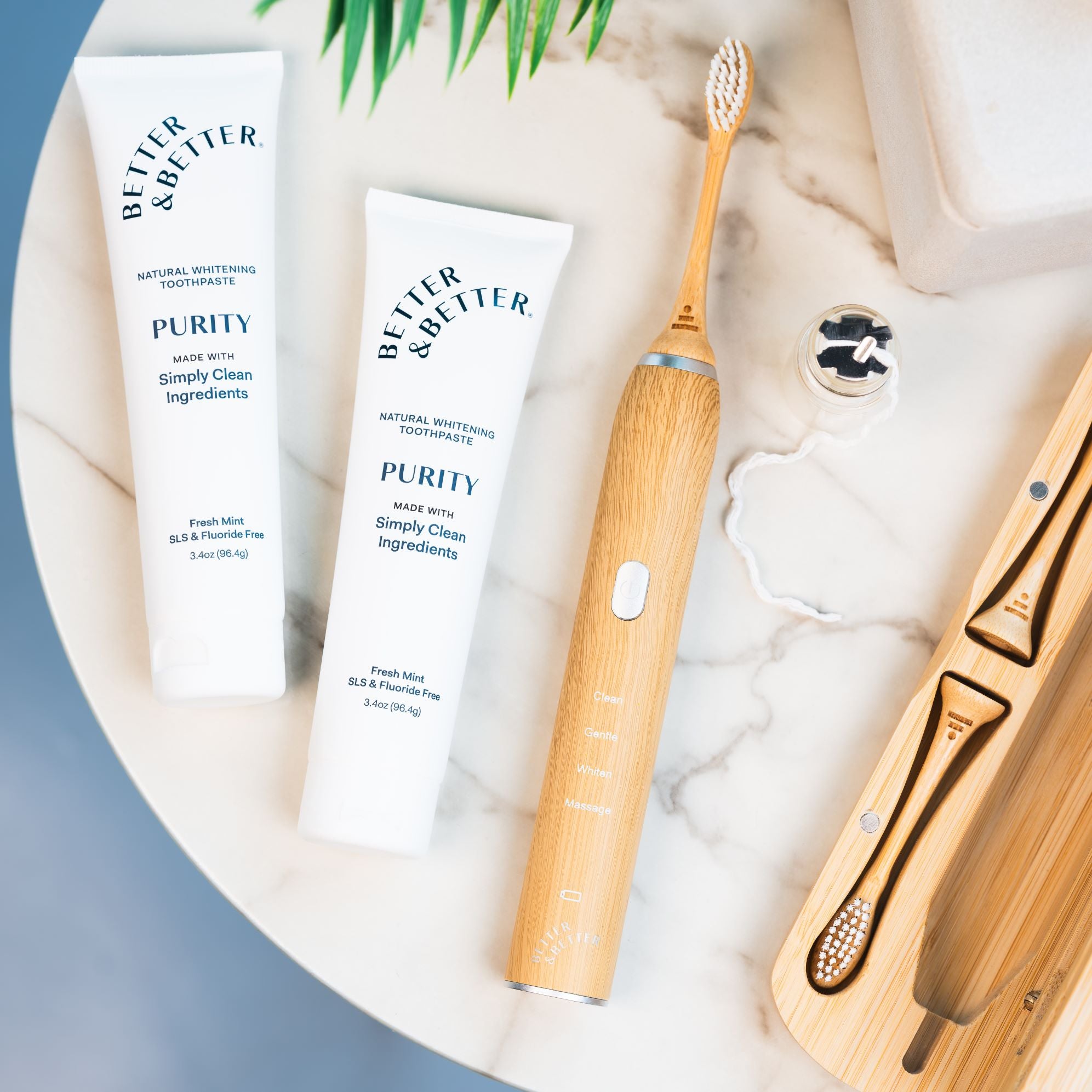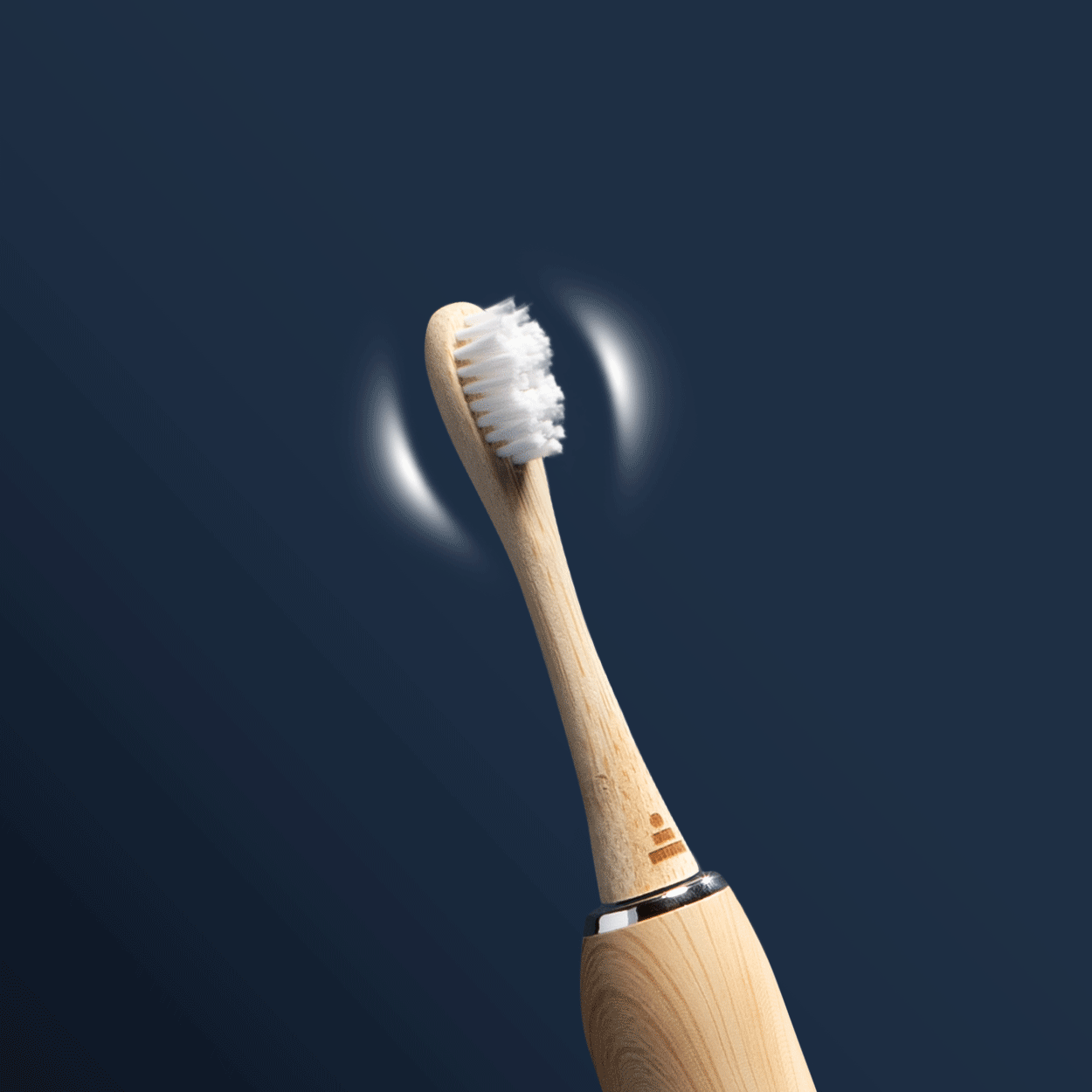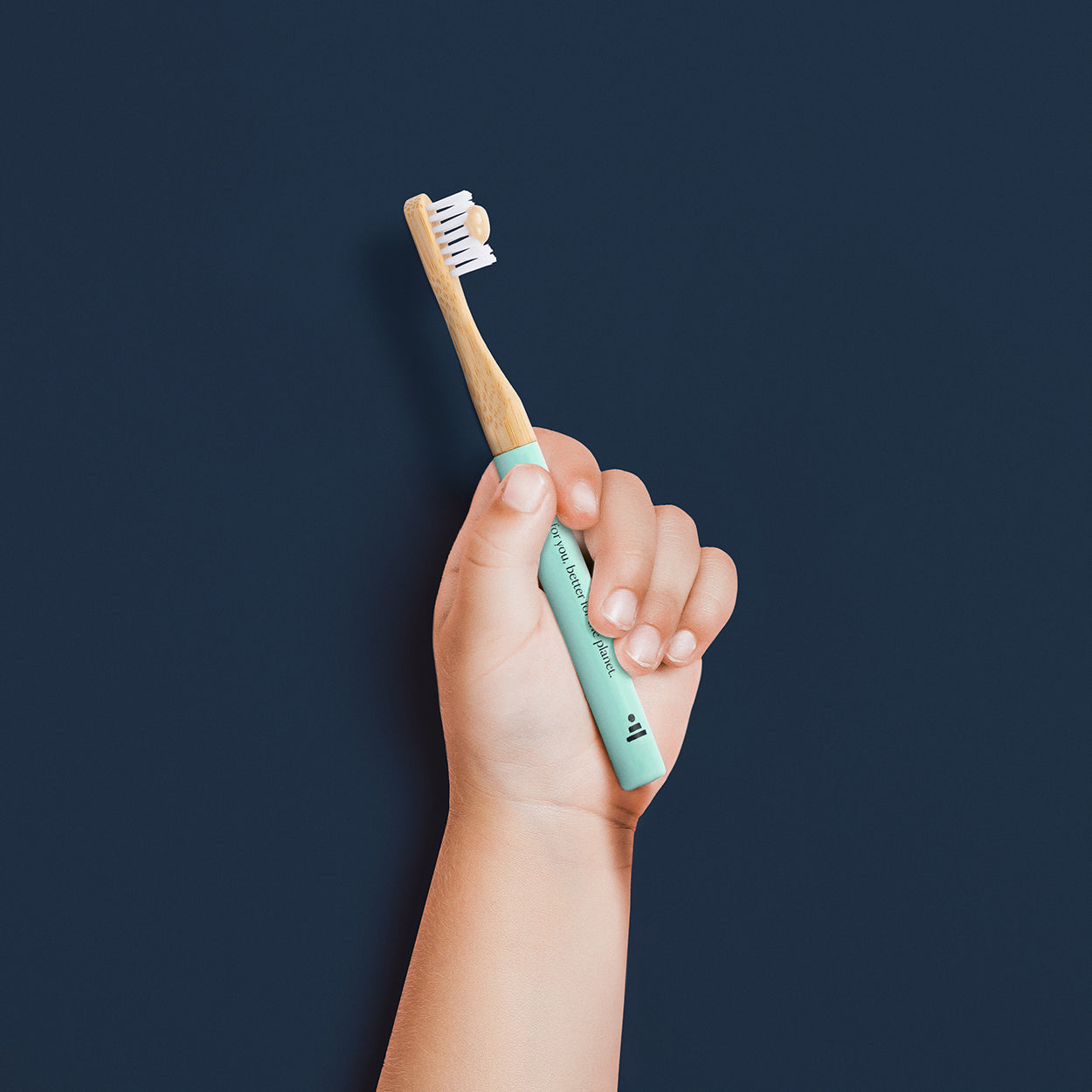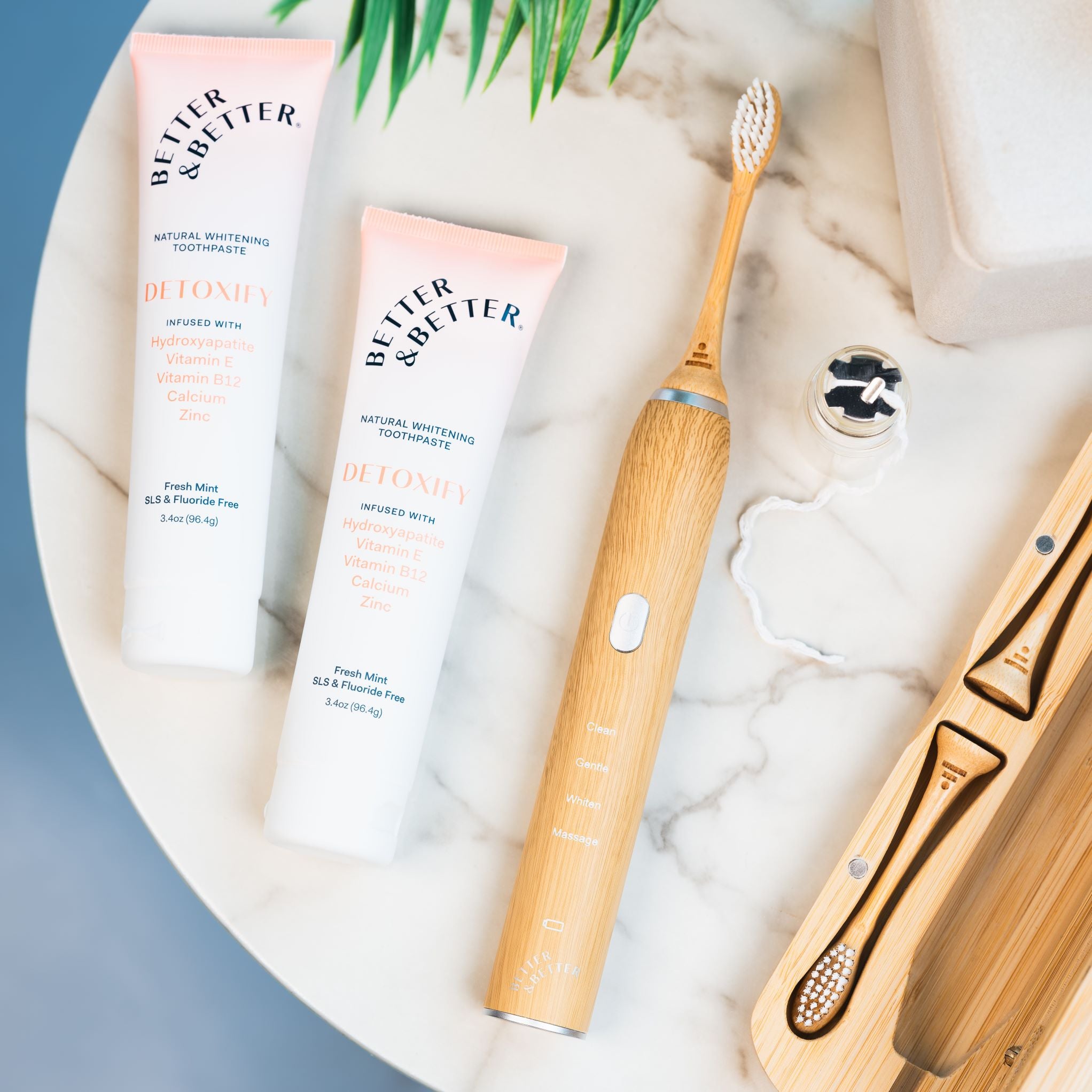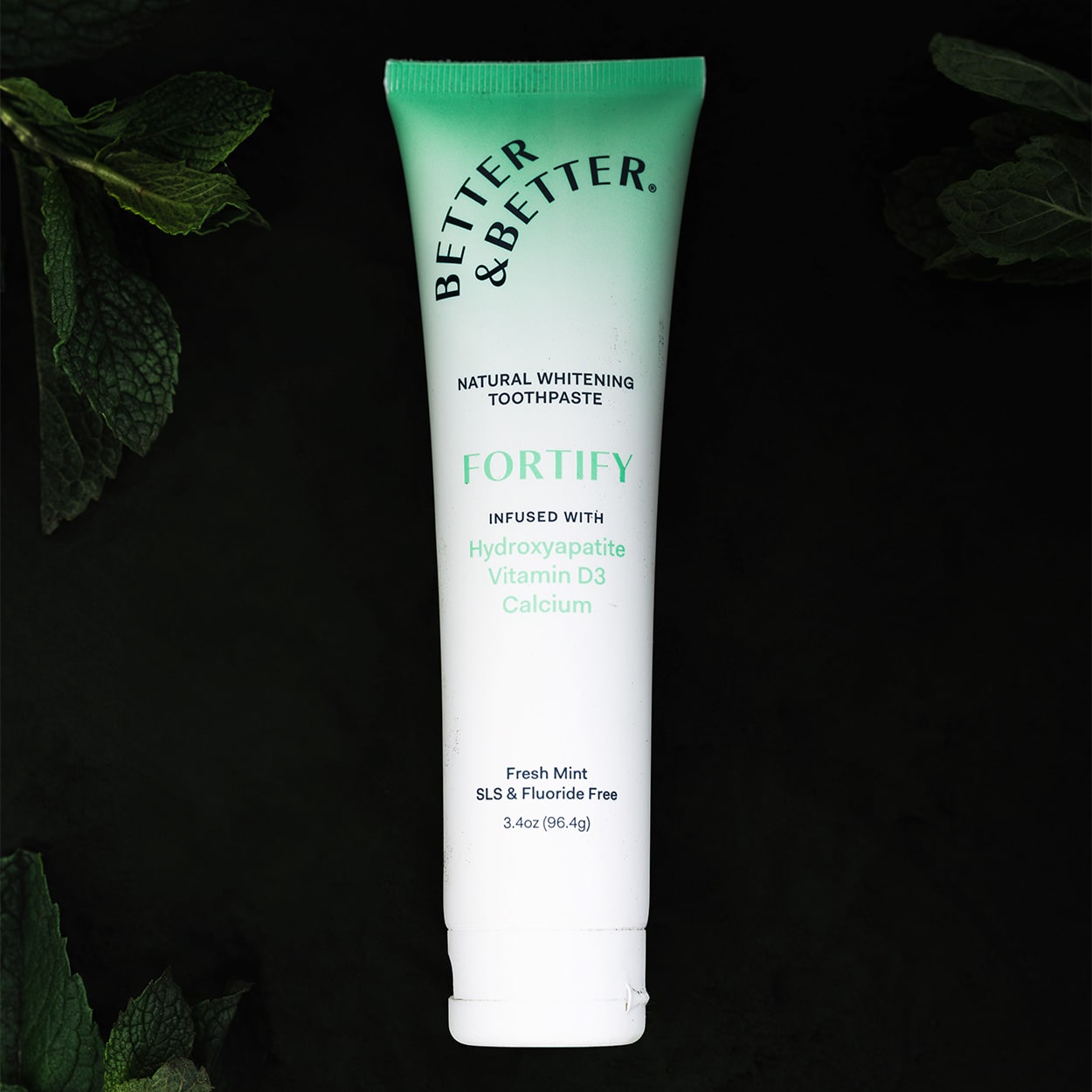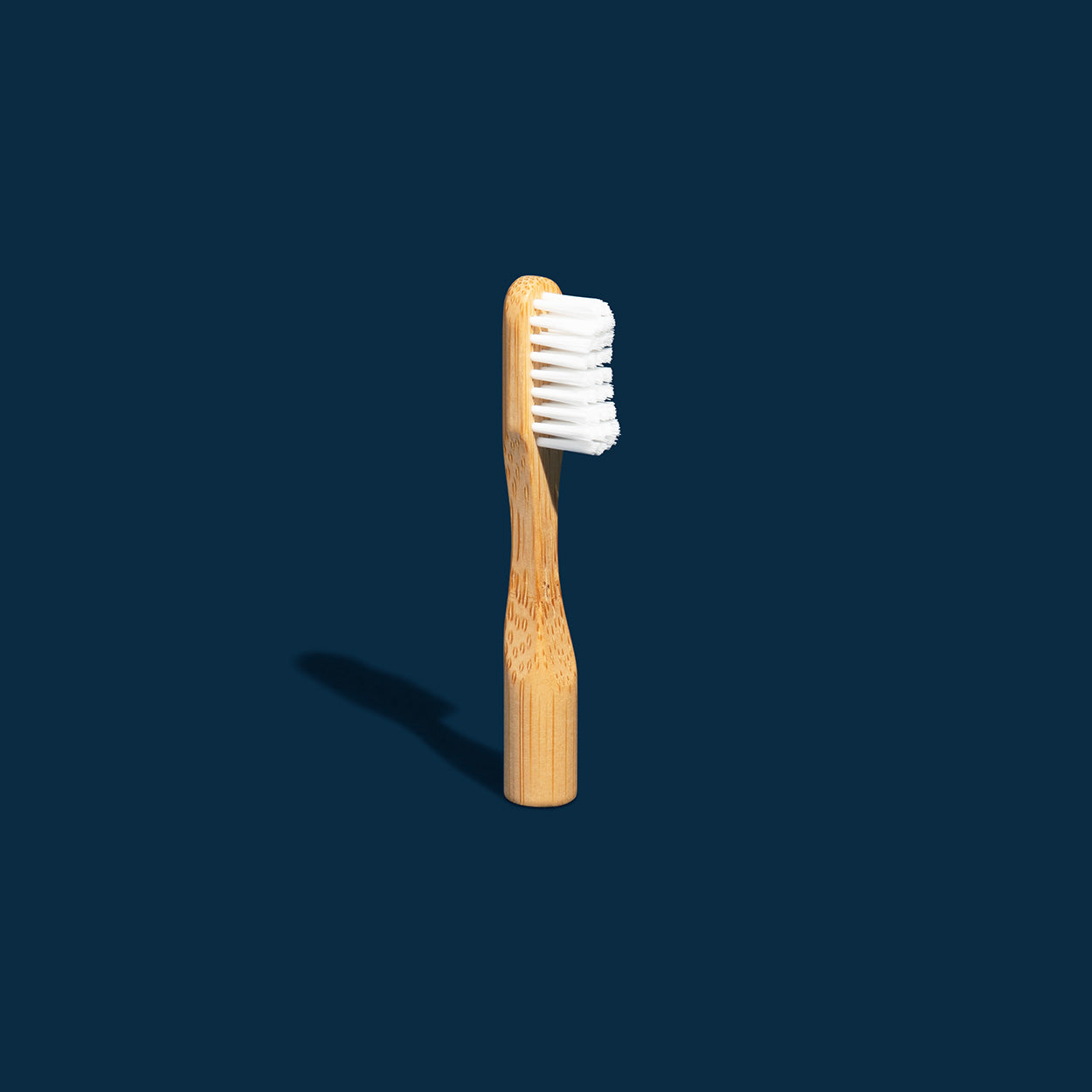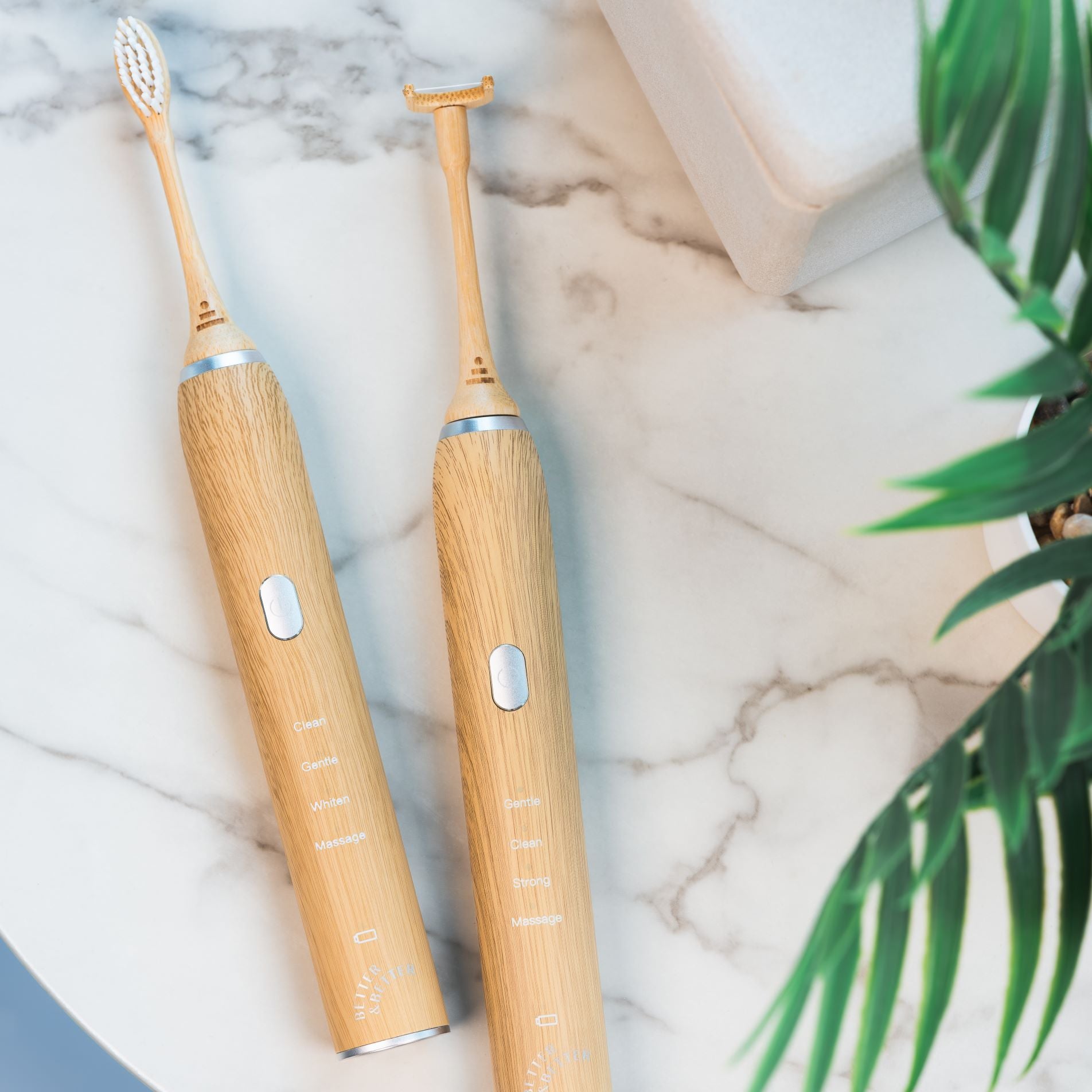We recently stumbled upon a discussion in the r/Microbiome subreddit, where a particular post caught our eye: “An ingredient in my toothpaste was causing MAJOR gut problems.” This user had to deal with gut problems like cramping, bloating, indigestion, and fatigue…until they ditched their old toothpaste.
The culprit? Carrageenan.
Although it’s a widely used natural ingredient, carrageenan has been known to cause intestinal inflammation and digestive problems, especially for folks with sensitive stomachs. So, why are so many toothpaste manufacturers putting this stuff in their products?
In this blog, we’ll explore what carrageenan is, how it impacts your health, and share some better alternatives.
What Is Carrageenan?
Carrageenan is a thickening and gelling agent derived from various species of red seaweed. This natural polysaccharide is extracted through a process that involves boiling the seaweed and then filtering it to obtain a gel-like substance.
Carrageenan is prized in the food industry for its ability to create a smooth, creamy texture and improve the overall mouthfeel of products. It’s commonly found in plant-based milks, ice creams, and processed foods.
However, its use in personal care products—especially toothpaste—raises some eyebrows. While it may contribute to a desirable consistency and help keep the ingredients evenly mixed, some consumers are starting to question whether the benefits of using carrageenan outweigh potential health concerns.
Why Is Carrageenan in Toothpaste?
Carrageenan’s main job in toothpaste is to make the consistency stable and smooth. It keeps everything well-mixed, so you get a nice, even squeeze every time you brush your teeth. Without carrageenan (or a similar ingredient), your toothpaste might separate or feel gritty, which isn’t the most pleasant way to start your day.
Carrageenan is also relatively cheap and easily accessible, which is why you’ll find it on the ingredient labels of countless toothpaste tubes. That said, healthcare professionals and consumers alike have raised concerns about carrageenan—rightly so.
Is Carrageenan in Toothpaste Bad For You?
The safety of carrageenan is a topic of ongoing debate. While the FDA says carrageenan is safe for consumption, research from Environmental Health Perspectives has linked carrageenan to intestinal inflammation in animal studies. Not to mention the countless anecdotes from people who have improved their gut health by cutting carrageenan out of their routines.
Even though you’re (hopefully) not swallowing gobs of toothpaste, trace amounts of carrageenan can be absorbed through the lining of your mouth and make their way to your gut.
Most people can tolerate carrageenan, but if you have a history of IBS, IBD, or other digestive health issues, you might want to opt for a carrageenan-free toothpaste like Purity or Fortify.
What Brands of Toothpaste Contain Carrageenan?
Here are some of the toothpaste brands that use carrageenan in their products, according to The Environmental Working Group (EWG):
- David’s Natural Toothpaste
- Tom’s of Maine
- Burt’s Bees
- Native
- Colgate
- Crest
- Simple Truth
- Trader Joe’s
- 365 Whole Foods Market
- Equate
- Moon
If you’re looking for a toothpaste without carrageenan, look no further than Better & Better. Made with whole body health in mind, we use two carrageenan alternatives:
Sodium Starch Octenylsuccinate: A modified starch that effectively thickens and stabilizes toothpaste.
Xanthan Gum: Often found in food, this thickener helps our toothpaste stay together, preventing separation and improving mouthfeel.
Your Toothpaste Should Be as Clean as Your Teeth
You shouldn’t have to choose between clean teeth and clean ingredients. Does carrageenan give toothpaste a nice texture? Sure. Is it the only ingredient that can accomplish that? No—and it’s definitely not the cleanest.
All of our oral care products—from toothpaste to floss to oral spray—are made with safe, gentle ingredients that meet the strictest EWG standards.
This isn’t the easiest way to make toothpaste, nor is it the fastest or the cheapest. But it’s the right way. And after 100+ years of sketchy formulas, you and the planet both deserve Better & Better.


